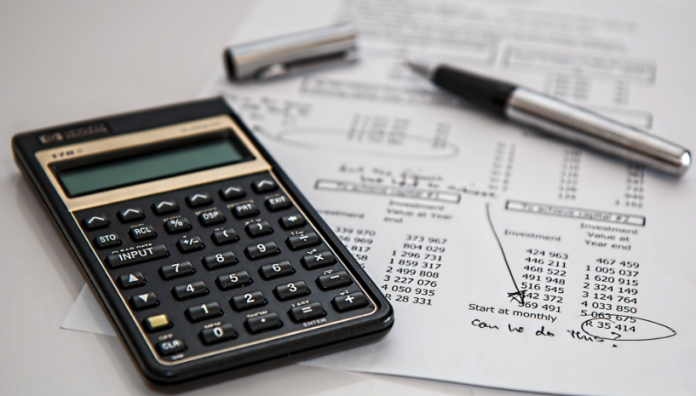How many of us dream about starting our own business venture but stall when faced with complicated issues such as the expense and the risks involved?
In fact the real risks lie, not in the actual selling and buying of goods but in a bad accounting management.
If you do not keep the books well recorded, your business may be selling well but you will soon be heading for bankruptcy.
For your business to be a success, consider that every decision you are likely to make will revolve around your financial status.
To decide whether you can purchase material such as equipment and supplies, vehicles or even determining salary costs you will have to have a clear accounting statement available to know if you can or cannot afford it.
So what do you do if you are no professional accountant? You simply have to choose the right kind of accounting scheme for your particular venture.
The first step is choosing the right kind of accounting method and to determine how to record your profits and expenses.
Two of the main types of accounting methods are the accrual and cash accounting ones. The latter is more suitable for smaller businesses, which requires you to register your transactions only when you have actually received payment.
On the other hand accrual accounting is more suitable for larger businesses, where each transaction is registered regardless of whether a payment has been received. Either one of these methods must be envisaged when you file a tax return for the first time.
The first step to take when going into accounting is to learn the basic accounting terms. These include terms such as debits, credits, transactions, assets, revenue, equity, cost of sales, cash flow, accounts payable accounts receivable, net profit/loss, redeemable assets and overhead.
You should look into all these terms and become acquainted with them in order to fully understand what lies ahead of you.
Next you should get acquainted with the tools used in accounting, such as how to use the data base or ledger where all the accounts are registered.
These journals are where all entries are recorded and you should become familiar with how to record your liabilities, assets and equity.
You will also have a statement that records your revenue, expenses and costs of goods. All these recordings will allow you to have a detailed account of where your cash is going and will help you avoid losing more money than you are earning.
Try and get to know as much as you can about the principles of basic accounting in order to keep your accounts updated and in balance.
Keep note that a credit in one account is always equal to a debit in another account. Never forget to calculate the equity of your business by subtracting the liabilities from the assets, for revenue alone will not allow you to see how much your company is really worth.
In order to ensure the proper running of all the accounts in your business keep your procedures simple and record all transactions in a general journal, where you can consult all transactions at any time. The secret to good accounting and a successful business is to keep it simple.

